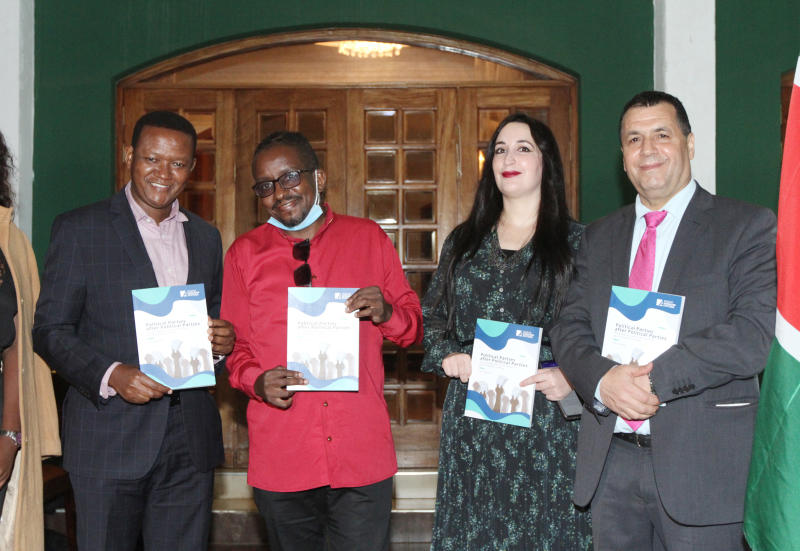×
The Standard e-Paper
Fearless, Trusted News

Political Parties After Political Parties, a newly released book by writer Tony Mochama approaches the subject of legislation in Kenya, explaining, in simple terms the powers at play when leaders rise to the top historically.
It is a gripping description of how leaders behave in their race for power, leaning on political parties as a crutch, eventually yielding success. True to the writer’s known poetic prowess, the detailing of the history of political parties is rhythmic and lyrical.